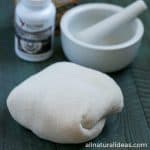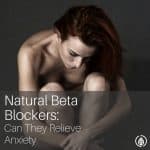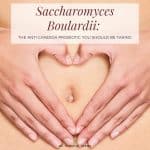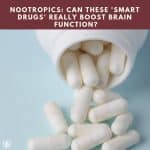Drugs may not be necessary to lower cholesterol. It can be done naturally. Let’s take a look at how to lower your cholesterol naturally with proven methods.
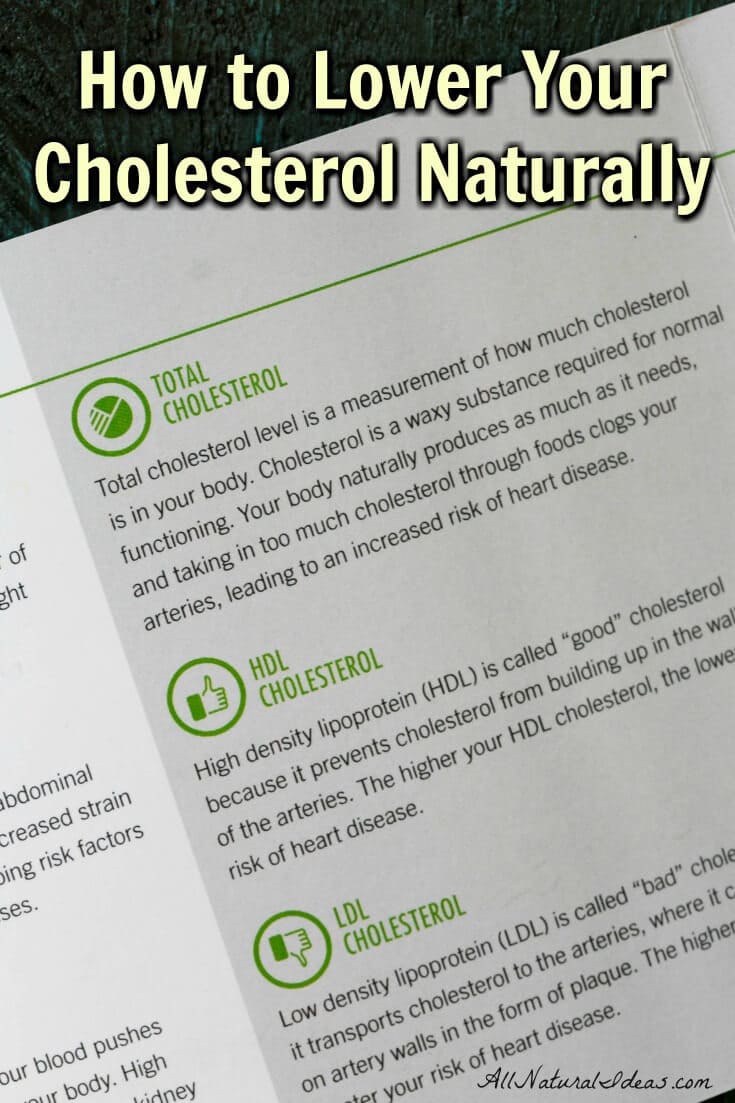
Are you worried about your cholesterol levels? Let’s take a look at how to lower your cholesterol naturally. But before we do, consider this: maybe you shouldn’t be so worried about cholesterol….
Last year, the U.S. federal government’s “Scientific Report of the 2015 Dietary Guidelines Advisory Committee” concluded this in its report (which is issued every 5 years):
“Cholesterol is not a nutrient of concern for overconsumption.”
Stop the presses! “Cholesterol is no longer a nutrient of concern! So now I can go eat two bacon cheeseburgers (topped with a fried egg) and wash it down with a chocolate milkshake!”
Well, not exactly. More on this later….
But first, let’s see a little more of the explanation the Advisory Committee offered in its report:
“Previously, the Dietary Guidelines for Americans recommended that cholesterol intake be limited to no more than 300 mg/day. The [Advisory Committee] will not bring forward this recommendation because available evidence shows no appreciable relationship between consumption of dietary cholesterol and serum cholesterol….”
In other words, if you’re worried about keeling over dead from a sudden heart attack, cholesterol won’t be the cause.
In fact, one of the references that the Committee cited in its report is this review in the American Journal of Clinical Nutrition. The researchers looked at the relationship between egg consumption and cardiovascular disease. After analyzing data from 16 studies, some involving almost 100,000 participants, they came to this conclusion:
“Egg consumption is not associated with the risk of [cardiovascular disease] and cardiac mortality in the general population.”
So does that mean you can eat the fried egg and not worry about cholesterol? No. Heating or cooking any food for too long such as blackened meat or fish is toxic. Frying any food also is toxic. Want that healthy egg? Eat it poached or over-easy.
How to lower your cholesterol naturally with proven methods
But if you’re still programmed to worry about cholesterol, there are ways to reduce it naturally. Let’s look at how to lower your cholesterol naturally using some proven methods.
Exercise
Obesity
One of the best ways to lower cholesterol is to exercise. If you’re overweight, you probably have elevated LDLs (the so-called ‘bad’ cholesterol). LDLs are not necessarily the evil cholesterol the media and medical mainstream makes it out to be.
You need LDLs (low-density lipoproteins). LDLs carry cholesterol to all the cells in your body. Your cells need cholesterol in order to have structural integrity (like the foundation of a house). LDLs transport cholesterol to your arteries that supply blood to your heart. The reason, though, they’re known as ‘bad cholesterol’ is LDLs can accumulate in the artery walls, choking off blood supply. That’s a bad thing.
And what causes LDL levels to skyrocket? Excess sugars and carbs. So, too, can toxic fats like grain-fed meat or factory-farmed bacon.
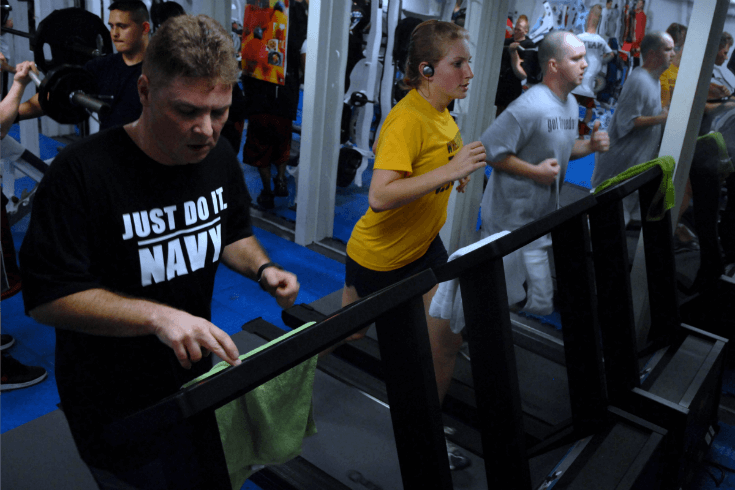
Exercise controls body weight, which in turn, controls LDL levels from being too high. That’s because exercise activates enzymes which escort LDLs to the liver. From there, the LDLs are converted to bile to help you digest fats.
Cholesterol Particle Size
Another thing exercise does is increase the particle size of the proteins that carry LDLs through the bloodstream. More important, perhaps, than your LDL level is the size of the particles.
Small particles = bad; larger LDLs = good.
That’s because smaller-size LDL particles can accumulate more easily in the artery walls.
How much exercise is needed to lower LDL particle sizes? Shoot for the low-end of high intensity training 3-5 days per week. Get yourself out of breath, at least slightly. Run up a flight of stadium steps. At the top, rest and let your heart rate come down. Repeat several times for 20-30 minutes. Or take a vigorous hike, bike ride or swim. Just don’t expect a short walk to the mailbox to make a difference on your LDLs (or on your HDLs; exercise may increase your so-called ‘good cholesterol’).
Using natural supplements to lower cholesterol
Red yeast rice extract
There are several supplements you can take to help lower cholesterol that come from botanic (plant) sources. One is red yeast rice extract. There are over 140 peer-reviewed studies on red yeast rice extract and cholesterol listed on the National Institute’s of Health’s website (PubMed). One study, published in the journal, Nutrition, included red yeast rice extract in a nutritional intervention in low-to-middle income countries, where cholesterol medication is not readily available.
The conclusion: This study demonstrates the efficacy and safety of [red yeast rice extract] in lowering [LDLs] after 12 [weeks] … with [LDL] reduction being comparable to that seen with moderate-intensity statin therapy.”
In other words, red yeast rice extract may be as effective at lowering LDLs as medication, but without the potential negative side effects.
Jiaogulan
Pubmed lists 23 studies for ‘jiaogulan cholesterol.’ Jiaogulan is an ‘adaptogenic’ herb, aka adaptogen. Jiaogulan (pronounced, “Jah-Gu-Len”) is considered an adaptogen because it helps your body adapt to stress. Adaptogens control how much stress hormones, such as cortisol, your adrenal glands release, via the hypothalamus and pituitary glands. When you’re super stressed out, your body releases stress hormones, which may cause inflammation. An inflammatory state can elevate cholesterol levels.
One study on jiabogulan’s effectiveness on obese patients, published in the journal Obesity, concluded the following:
Jiaogulan extract is a “potent antiobesity reagent that does not produce any significant adverse effects. These results suggest that actiponin supplementation may be effective for treating obese individuals.” (One of the markers in this study was blood lipid; cholesterol is a lipid.)
According to researchers, in a study published in Molecular Medicine Reports, the compounds in jiaogulan prevent oxidative stress in DNA. Oxidative stress can raise cholesterol.
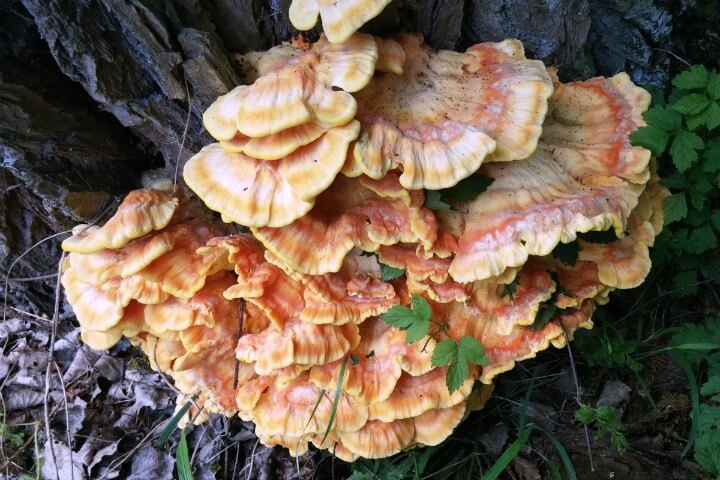
Reishi Mushroom
Blood sugar levels also play a key role in healthy, normal cholesterol levels. That’s why it’s a good idea to eat a low-starch diet. Reishi mushrooms are another adaptogen. These medicinal ‘shrooms (they don’t taste so good in a stir fry) may help in reducing blood sugar levels, according to this study in Lipids in Health & Disease.
American Ginseng
Yet another adaptogen that can help lower blood sugar and blood lipids is American Ginseng (aka Panax quinquefolius). This study in the Journal of Food Science concluded this about the study participants (diabetic mice) who consumed American Ginseng:
HDL levels were significantly increased while levels of blood cholesterol and LDLs were significantly decreased in the American ginseng-treated group. “It is suggested that [American ginseng] has a potential to be used for human diabetic treatment.”
Other all-natural supplements or nutritional remedies to lower cholesterol
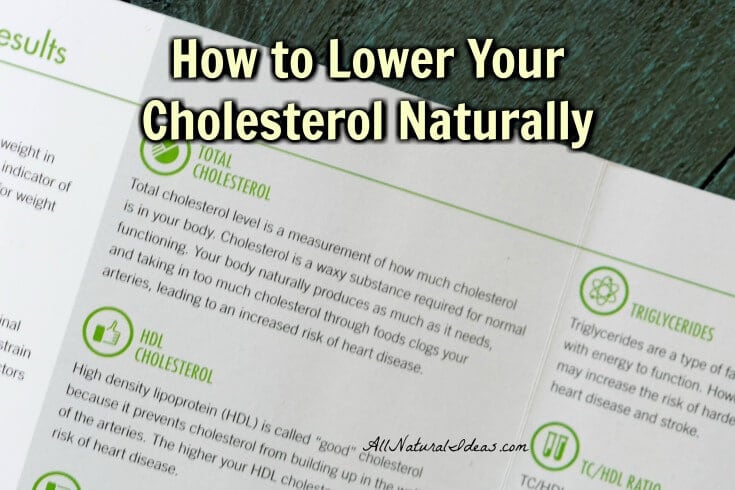
Mother Nature’s pharmacy (adaptogens and other plants) and pantry (the food we eat) is stocked with plenty of other potential cholesterol-lowering solutions. These include: apple cider vinegar, soluble fiber (in oatmeal); omega-3 fatty acids (salmon, algae oil, walnuts, etc.); green tea; lentils; low-starch vegetables.
How to lower your cholesterol naturally: conclusion:
After warning the public of the evils of cholesterol for several decades (since the mid-20th century), the federal government has done an about-face and now says you shouldn’t worry about cholesterol. But what the Fed should advise the public is to learn the difference between healthy fats and toxic fats. Toxic fats and excess sugar can cause unhealthy blood cholesterol levels. It would also be great if fewer doctors prescribed cholesterol lower medication. Instead, they should be teaching you how to lower your cholesterol naturally to see if that works.
